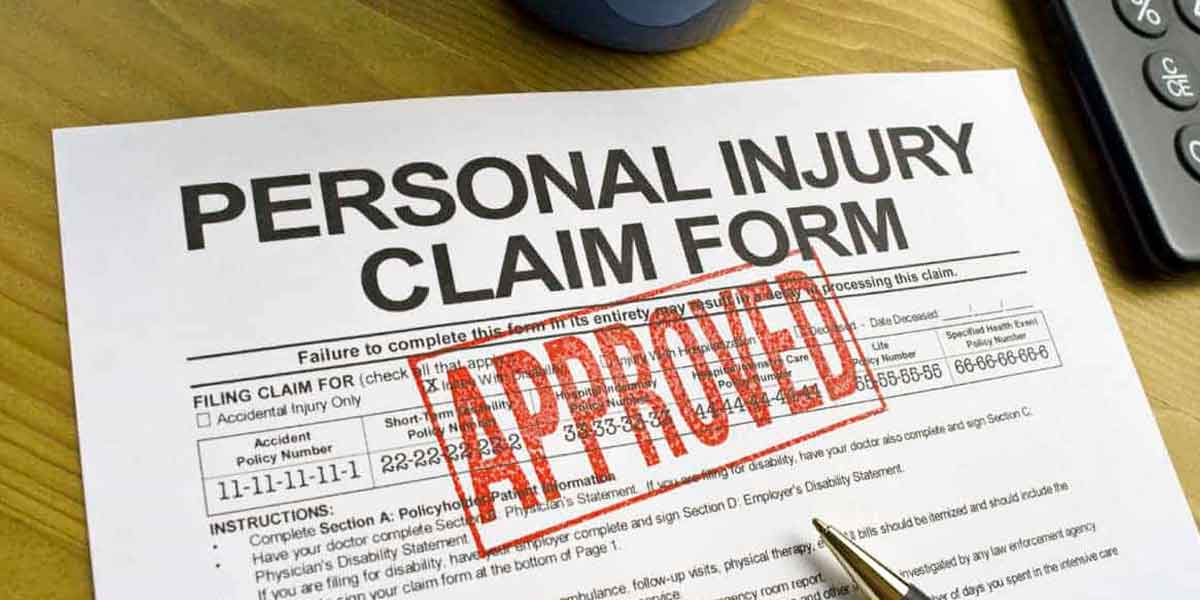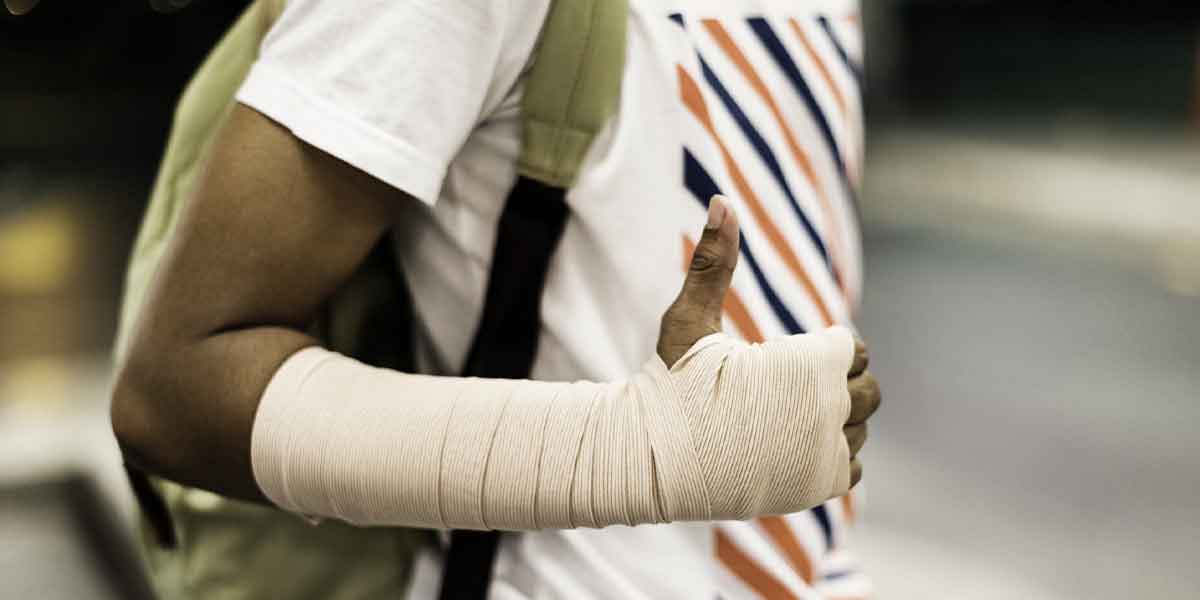Personal injury in legal terms is any injury to the body or mind sustained due to the negligence or intention of another party. Personal injury mostly has to do with torts of negligence, but it also touches into assault and battery charges. However, for a personal injury case to be upheld in court and for you to be compensated for damages by your injurer, you must be able to prove four critical points to the jury.
The points are:
- Duty of care
- Breach of duty
- Causality
- Injury.
1. Duty of care
Duty of care is a legal obligation to prevent causing harm to others or creating an avenue that poses danger. In simple terms, each person owes every other person the responsibility of not harming or indirectly causing harm to them. Howbeit, there is no specific guideline for what level of responsibility each person owes to their neighbor. The responsibility changes with each situation. A grocery store should check the floors to remove things that may cause slippage and harm customers. Road construction companies should construct roads that are safe in order not to cause accidents that would injure road users. But duty of care is not always so clear-cut. In some cases, it can be hard to prove just what one’s duty should have been in a given circumstances, and how their negligence must have led to your injury. Having an experienced personal injury attorney in New York represent you is pivotal to winning your case, and we can achieve that.
2. Breach of the obligation
Let’s take the example of the road construction. If for instance an accident occurs after completion of a road work and the accident is proven to be caused by a poorly constructed dangerous spot on the road, then this may pass for a personal injury case. The fact that the construction was done disregarding the safety of the intended users shows that the company has breached its duty of care for them. However, not all breaches of care lead to injuries. A driver may over speed beyond the speed limit without hurting anyone. This leads us to causality.
3. Causality
When a person breaches a duty but a cause-and-effect link could not be found between the breach and an injury, then a personal injury case may not stand. Take for example you run out of a building in an agitated manner across the road. Just then a car hits you and causes fracture. You may argue that the driver had not horned, thus breaching their duty of care for you. But it is also possible that there was very little or no reaction time for them to have horned since you had hurriedly run into the road despite the presence of oncoming traffic. It boils down to the question, “how reasonable were the person’s actions in that particular situation?”
A person may even act negligently but that may not be the full cause of the accident. It may be fully or partly because the injured was just as careless. So in proving your case, your personal injury attorney must be able to prove that the accused had a hand in your injury through cause and effect.
4. Injury
You may have been owed a duty of care. This duty may also have been breached and had led to an incident, but were you actually injured to be deserving of compensation?
The ultimate goal of a personal injury lawsuit is to seek compensation for the harm you have incurred on your body. Due to this injury, you may no longer be able to work and earn, or you may have to foot bills for the treatment. All these are what you will be compensated for. Sometimes depending on the nature of the case, the defendant may be fined punitive damages so as not to repeat their actions. But typically, the amount you would be awarded would be to make up for the pains and losses, and if there is no injury, then there can be no damages. Your personal injury attorney must therefore prove to the court how the actions of one party have put you at a disadvantage.
No-fault
It is important to know that New York is a no-fault State. This law applies to car accidents in which someone suffers injury from a vehicle. The law specifies that for minor injuries, no personal injury case should be filed but the vehicle insurance should be used to cover the losses. However, a personal injury claim may be filed when the insurance has insufficient coverage over the injury, or the injury is “serious”. Serious here means death, loss of limb, consequent impairment or disability, whether temporal or permanent.
Personal injury attorney near me 10468
Our team of expert personal injury attorney can help represent your case, and earn that sympathy and compensation you deserve. Simply contact us if you need to consult a personal injury attorney in The Bronx 10468.







